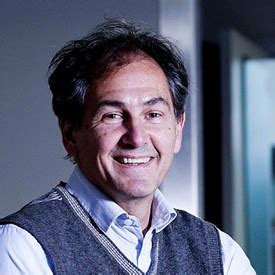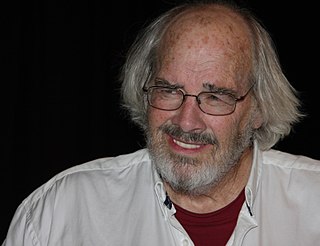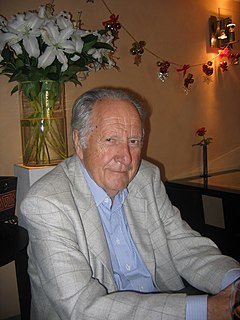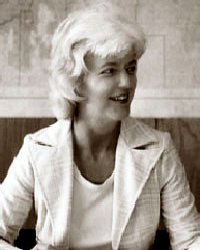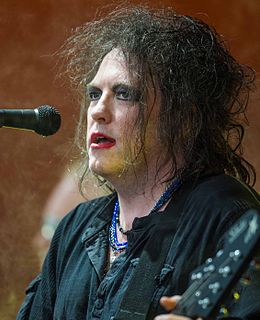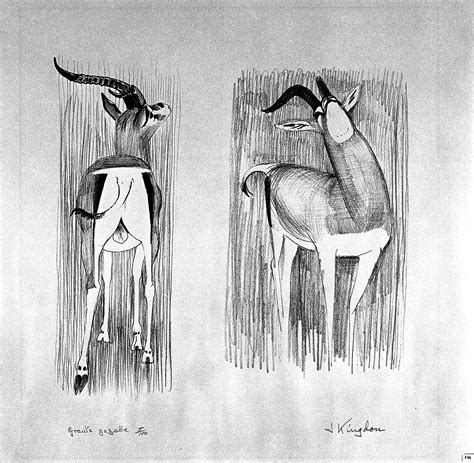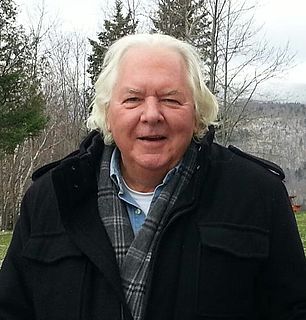A Quote by Mark Pagel
Having culture means we are the only animal that acquires the rules of its daily living from the accumulated knowledge of our ancestors, rather than from the genes they pass to us.
Related Quotes
And if there be any addition to knowledge, it is rather a new knowledge than a greater knowledge; rather a singularity in a desire of proposing something that was not knownat all beforethananimproving, anadvancing, a multiplying of former inceptions; and by that means, no knowledge comes to be perfect.
To oppose knowledge is ignorant, and he who detests knowledge and science is not a man, but rather an animal without intelligence. For knowledge is light, life, felicity, perfection, beauty and the means of approaching the Threshold of Unity. It is the honor and glory of the world of humanity, and the greatest bounty of God. Knowledge is identical with guidance, and ignorance is real error
There is an obvious evolutionary explanation for the scarcity of altruistic saints: Without a strong predilection for their own interests, our ancestors would have been unlikely to survive, reproduce, and give their own offspring a chance of doing the same. Now conditions have changed and for most of us, surviving and reproducing isn't such a struggle but we still carry the genes of our ancestors and they influence - not determine, but influence - our behavior.
Fossil bones and footsteps and ruined homes are the solid facts of history, but the surest hints, the most enduring signs, lie in those miniscule genes. For a moment we protect them with our lives, then like relay runners with a baton, we pass them on to be carried by our descendents. There is a poetry in genetics which is more difficult to discern in broken bomes, and genes are the only unbroken living thread that weaves back and forth through all those boneyards.
Our ancestors are looking for us even if we're not looking for them. And by our ancestors I mean our bloodlines and the ancestors of the place where we live and our spiritual kin who go beyond our biological families. We could be walking around carrying an entire ancestral history of the wrong kind for us.
We must remember that intelligence is not enough. Intelligence plus character--that is the goal of true education. The complete education gives one not only power of concentration, but worthy objectives upon which to concentrate. The broad education will, therefore, transmit to one not only the accumulated knowledge of the race but also the accumulated experience of social living. If we are not careful, our colleges will produce a group of close-minded, unscientific, illogical propagandists, consumed with immoral acts. Be careful, brethren! Be careful, teachers!
